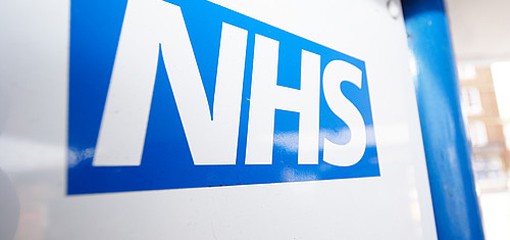
UK Government to invest £200m in IT and technology boost for NHS
pharmafile | September 7, 2018 | News story | Medical Communications, Sales and Marketing | AI, Matt Hancock, NHS, NHS expo, pharma
The UK Government has lifted the curtain on plans invest more than £200 million to leverage innovations in technology and artificial intelligence to transform the NHS into “the most advanced health system in the world”.
The plans, set out by Health and Social Care Secretary Matt Hancock and which form part of a wider £20 billion long-term vision, were unveiled at the NHS Expo in Manchester. The £200 million sum will be utilised to grow NHS trusts into “internationally recognised centres for technological and digital innovation”, the government said. A focus will be placed on setting a new gold standard for acute, mental health, community and ambulance trusts in England.
As part of the plans, an NHS app pilot scheme will be rolled out in Liverpool, Hastings, Bristol, Staffordshire and South Worcestershire in advance of a planned national roll-out in December this year. As part of the trial run, patients will be able to utilise a test version of the app to book GP appointments and order repeat prescriptions, access online services for urgent medical enquiries via NHS 111, adjust preferences on data sharing, organ donation and end-of-life care, and access their medical records.
Hancock called for a new direction for better performance of the NHS’ digital systems, criticising the approach taken with the National Programme for IT back in the 2000s; he suggested that the creation of a national database or centrally-procured systems should be avoided, and instead NHS organisations should be enabled to procure their own systems while maintaining inter-organisation communication. The Department for Health and Social Care will also publish transparent and robust standards for IT systems in the NHS, ensuring they meet privacy and cyber security requirements, Hancock also confirmed: “No system will be allowed to be bought that does not meet these standards. Existing systems will have to be upgraded to meet them.”
“Our hospitals operate dozens of systems each, that don’t talk to each other. GPs, social care, pharmacies and community care are on different systems. Systems crashing is a regular occurrence. The social care system is not at all integrated, when its integration is vital,” Hancock said at the NHS Expo. “We have learned a huge amount about how to deliver cutting-edge tech in very complicated settings with big legacy systems […] Now is the moment to put the failures of the past behind us, and set our sights on the NHS being the most cutting-edge system in the world for the use of technology to improve our health, make our lives easier, and make money go further, harnessing the amazing explosion of innovation that the connection of billions of minds through digital technology has brought to this world.”
Matt Fellows
Related Content

NICE recommends migraine treatment for NHS use
The National Institute for Health and Care Excellence (NICE) has shared draft guidance recommending AbbVie’s …

Bayer and Aignostics to collaborate for AI oncology research
Bayer and Aignostics have announced that they have entered into a strategic collaboration for several …

Isomorphic Labs to collaborate with Eli Lilly
Isomorphic Labs has announced that it has entered into a strategic research collaboration with Eli …








